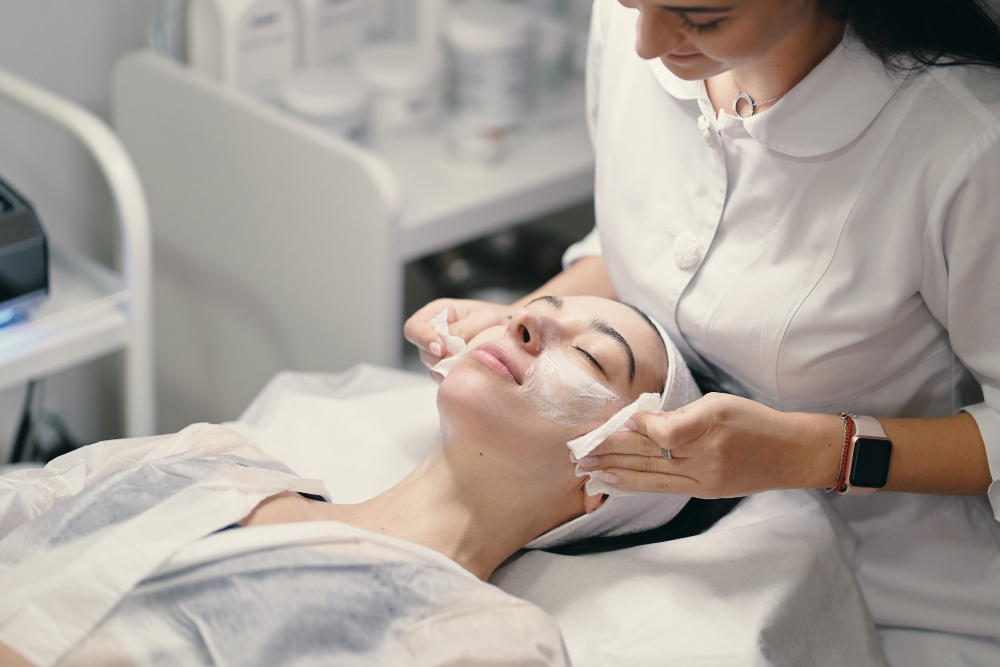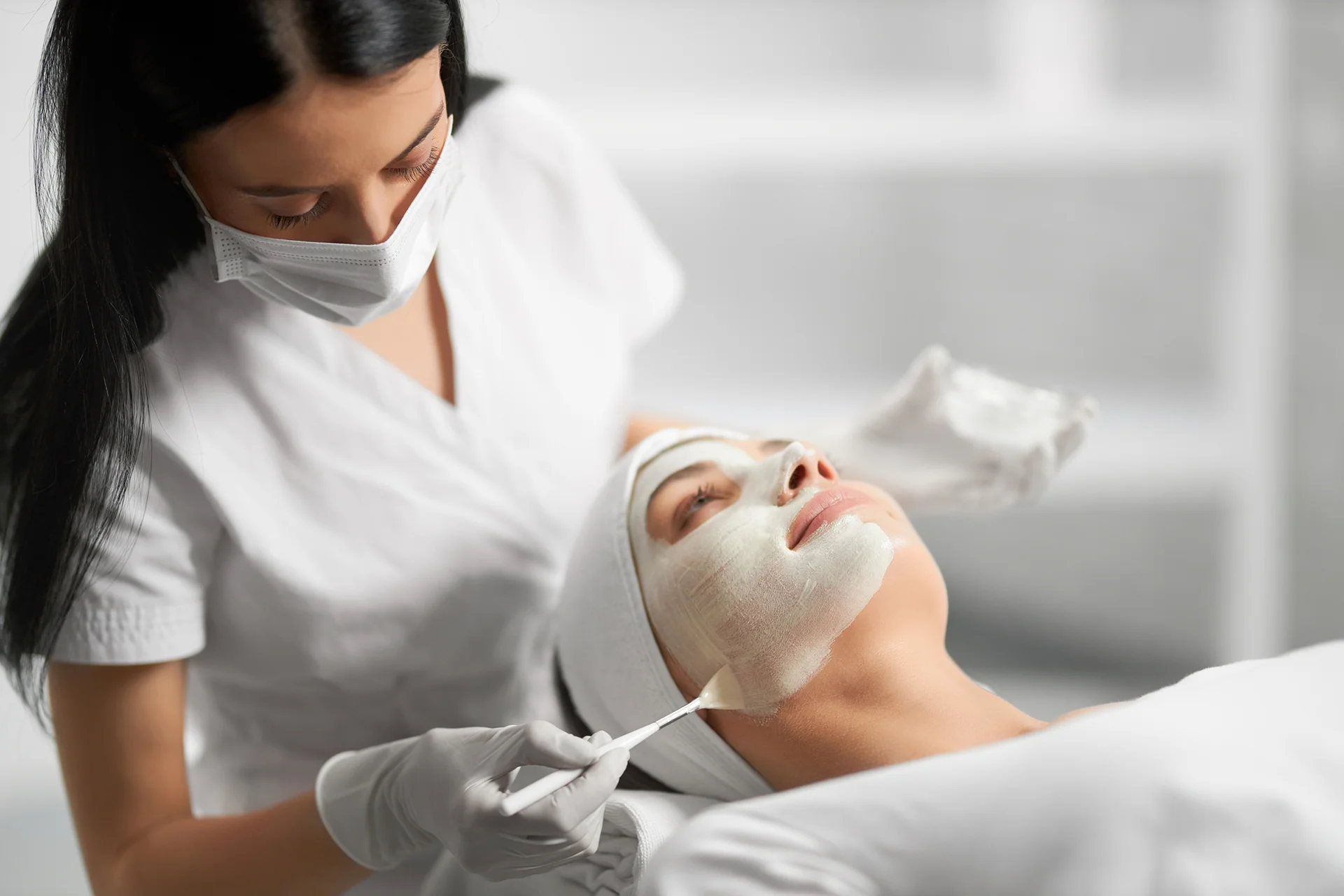We need to talk about botox west hollywood. It’s not just about the procedure. It’s about the people. Those who seek cosmetic enhancements are more than clients—they are individuals with unique motivations and responses. A vital skill for med spa practitioners is understanding the psychology of these clients. It’s as crucial as the treatments themselves. This comprehension forms the backbone of the client-practitioner relationship and sets the stage for successful outcomes. Let’s dive in and explore this key aspect of aesthetic medicine.
The Human Factor in Aesthetic Medicine
It’s not a factory line. It’s not a mere transaction. Med spa services are about personal transformation. The practitioners aren’t just service providers—they are partners in a journey. Partners in a quest for beauty, confidence, rejuvenation. Understanding this is pivotal.
Decoding Client Psychology
In aesthetic medicine, the mind matters as much as the body. What drives someone to seek a botox treatment? What are their expectations, fears, hopes? Grasping these can make the difference between a satisfied client and a dissatisfied one. It can influence the client’s perception of the procedure and its results. It’s about empathy. It’s about communication. It’s about trust.
Building Trust

Trust forms the cornerstone of the client-practitioner relationship in med spa services. It’s not something that can be bought. It’s something that has to be earned. Understanding client psychology is the first step to earning this trust. It demonstrates respect for the client as an individual. It fosters open, honest communication. It sets the stage for a successful, mutually beneficial relationship.
The Role of Education
Education plays a key role in understanding client psychology. A well-informed client is a confident client. An confident client is a satisfied client. Information dispels fear. It empowers the client. It builds trust. But education isn’t a one-way street. It’s a dialogue. Clients can provide valuable insights into their motivations and expectations. This can help the practitioner tailor their services to meet individual needs.
Psychology in Practice: A Comparison
Let’s look at an example. Below is a comparison of two approaches to a client considering botox treatment:
| Approach A | Approach B | |
| Initial Consultation | Focuses solely on medical history and desired results | Includes discussion of motivations, fears, and expectations |
| Procedure Explanation | Provides technical details of the procedure | Explains the procedure in layman’s terms, addresses fears and expectations |
| Post-Procedure Follow-Up | Limited to medical questions | Includes check-in on emotional wellbeing and satisfaction with results |
As we can see, Approach B, which incorporates an understanding of client psychology, is more likely to result in a satisfied client.
Understanding client psychology is vital in aesthetic medicine. It’s about treating the whole person, not just their appearance. It’s about building relationships, not just providing services. It’s about trust, communication, and mutual respect. This is the future of med spa services. This is the future of botox west hollywood.




